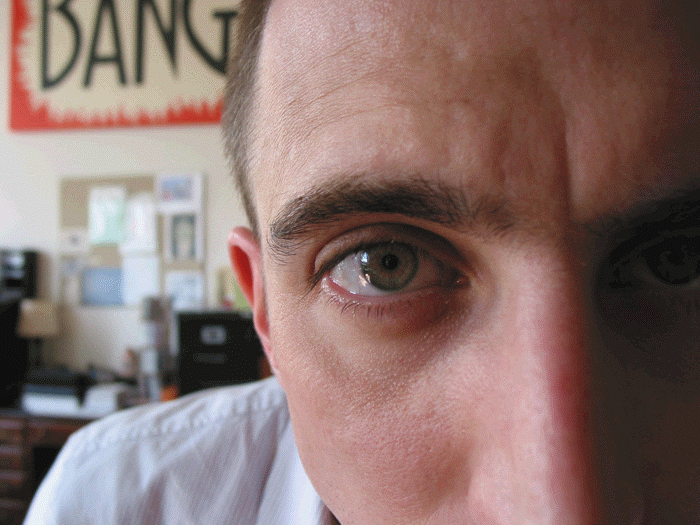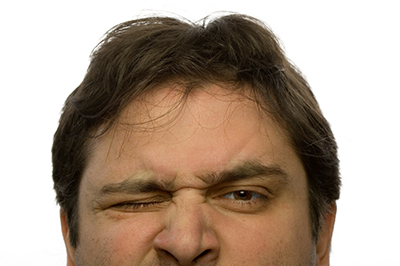Why Is Your Eyelid Twitching Like That?
Hint: Stress and chocolate.
Well, wonder no more! Experts have revealed the culprits behind this strange phenomenon - and eating chocolates could be one of the reasons!
It turns out that there are several different types of eye twitch and each is considered a separate condition, with the most common one being Myokymia.
Myokymia is characterized by spontaneous, fine fascicular contractions of muscle without muscular atrophy or weakness. Eyelid myokymia results from fascicular contractions of the orbicularis oculi muscle.
medscape.comThe Mayo Clinic in the US outlined the condition as affecting "only the eyelid", either the upper or lower, in one eye at a time.
The twitching, described as "barely noticeable to bothersome" usually goes away after a short while but may recur over a few hours, days or even longer.
Myokymia is often caused by stress, not getting enough sleep, caffeine and chocolate!
Fatigue or exhaustion are major contributors to eye twitches, so make sure you get enough sleep at night to keep it at bay. Caffeine is another key cause, as overloading on an energy boost can quicken the pulse and spark twitching, some people are sensitive to chocolate!
Stress is another core factor. Unfortunately, it can also be the most inconvenient cause as it can coincide twitches with important moments such as special events.
To beat Myokymia, experts recommend a change of diet and exercise to reduce stress
According to Matthew Palmer O.D. from the Southwestern Eye Center, reducing the stress in your life by pursuing relaxing activities like yoga or cutting down on caffeine, sugar and getting enough rest would definitely help.
A lesser known condition is called blepharospasm which is when the symptoms in both eyelids gradually increase and get worse.
Blepharospasm, is a repetitive, involuntary spasm of the eyelid muscles. A twitch usually occurs in the upper lid, but it can occur in both the upper and lower lids. In rare cases, eyelid spasms may be an early warning sign of a chronic movement disorder, which could lead to blindness.
healthline.comCurrently, doctors still can't figure out what causes blepharospasm.
The good news is Blepharospasm can be managed with medications, including Botox
The injection of Oculinum (botulinum toxin, or Botox) into the muscles of the eyelids is an approved treatment for blepharospasm. Alternative treatments may include biofeedback, acupuncture, hypnosis, chiropractic, and nutritional therapy.




